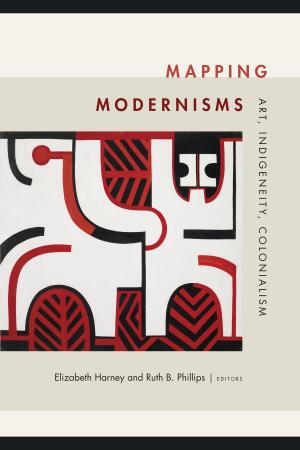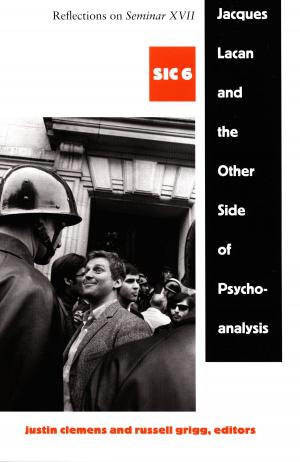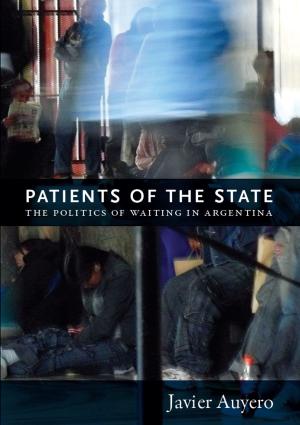Migrant Returns
Manila, Development, and Transnational Connectivity
Nonfiction, Social & Cultural Studies, Social Science, Cultural Studies, Emigration & Immigration, Ethnic Studies| Author: | Eric J. Pido | ISBN: | 9780822373124 |
| Publisher: | Duke University Press | Publication: | June 22, 2017 |
| Imprint: | Duke University Press Books | Language: | English |
| Author: | Eric J. Pido |
| ISBN: | 9780822373124 |
| Publisher: | Duke University Press |
| Publication: | June 22, 2017 |
| Imprint: | Duke University Press Books |
| Language: | English |
In Migrant Returns Eric J. Pido examines the complicated relationship among the Philippine economy, Manila’s urban development, and balikbayans—Filipino migrants visiting or returning to their homeland—to reconceptualize migration as a process of connectivity. Focusing on the experiences of balikbayans returning to Manila from California, Pido shows how Philippine economic and labor policies have created an economy reliant upon property speculation, financial remittances, and the affective labor of Filipinos living abroad. As the initial generation of post-1965 Filipino migrants begin to age, they are encouraged to retire in their homeland through various state-sponsored incentives. Yet, once they arrive, balikbayans often find themselves in the paradoxical position of being neither foreign nor local. They must reconcile their memories of their Filipino upbringing with American conceptions of security, sociality, modernity, and class as their homecoming comes into collision with the Philippines’ deep economic and social inequality. Tracing the complexity of balikbayan migration, Pido shows that rather than being a unidirectional event marking the end of a journey, migration is a multidirectional and continuous process that results in ambivalence, anxiety, relief, and difficulty.
In Migrant Returns Eric J. Pido examines the complicated relationship among the Philippine economy, Manila’s urban development, and balikbayans—Filipino migrants visiting or returning to their homeland—to reconceptualize migration as a process of connectivity. Focusing on the experiences of balikbayans returning to Manila from California, Pido shows how Philippine economic and labor policies have created an economy reliant upon property speculation, financial remittances, and the affective labor of Filipinos living abroad. As the initial generation of post-1965 Filipino migrants begin to age, they are encouraged to retire in their homeland through various state-sponsored incentives. Yet, once they arrive, balikbayans often find themselves in the paradoxical position of being neither foreign nor local. They must reconcile their memories of their Filipino upbringing with American conceptions of security, sociality, modernity, and class as their homecoming comes into collision with the Philippines’ deep economic and social inequality. Tracing the complexity of balikbayan migration, Pido shows that rather than being a unidirectional event marking the end of a journey, migration is a multidirectional and continuous process that results in ambivalence, anxiety, relief, and difficulty.















